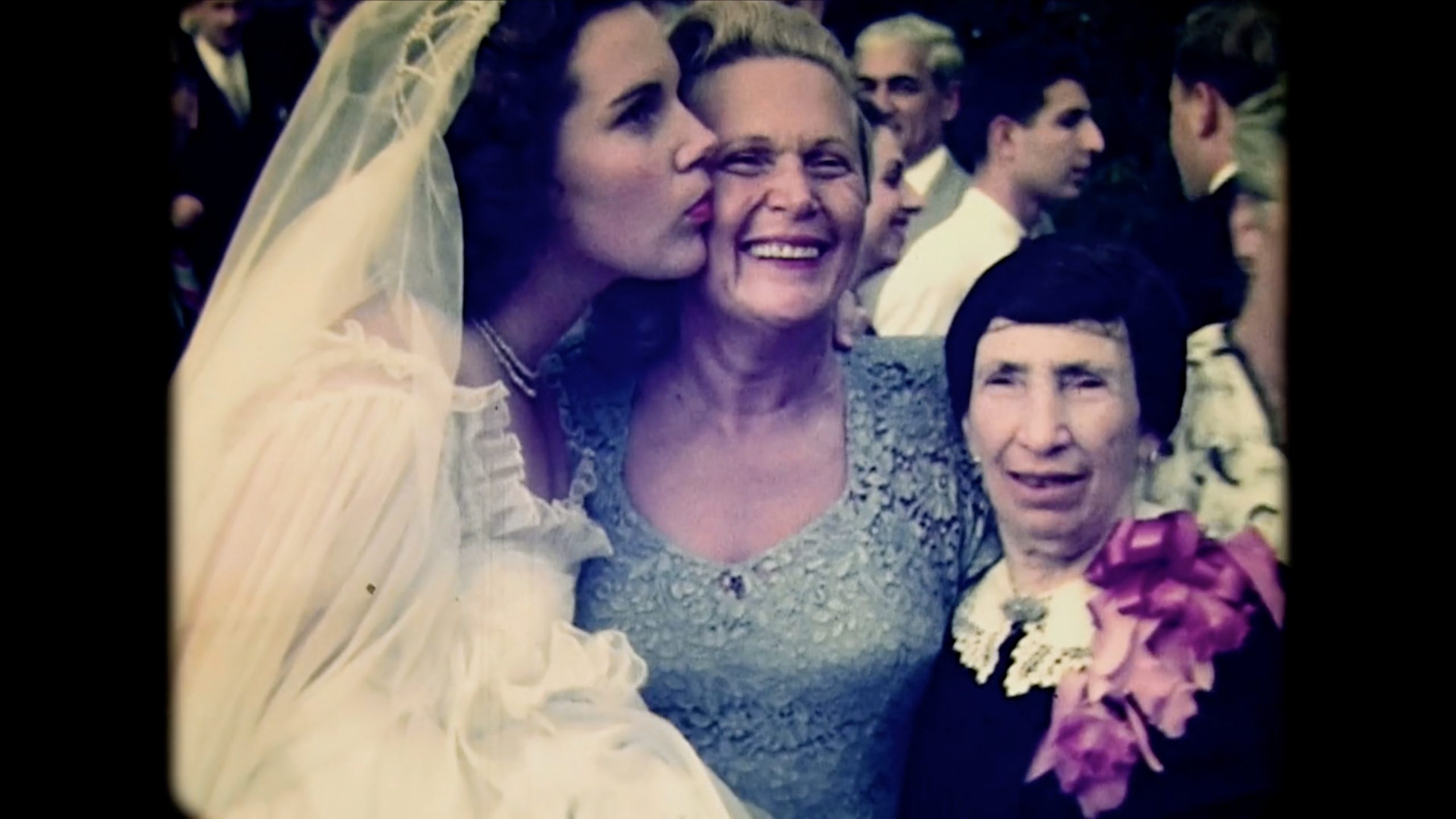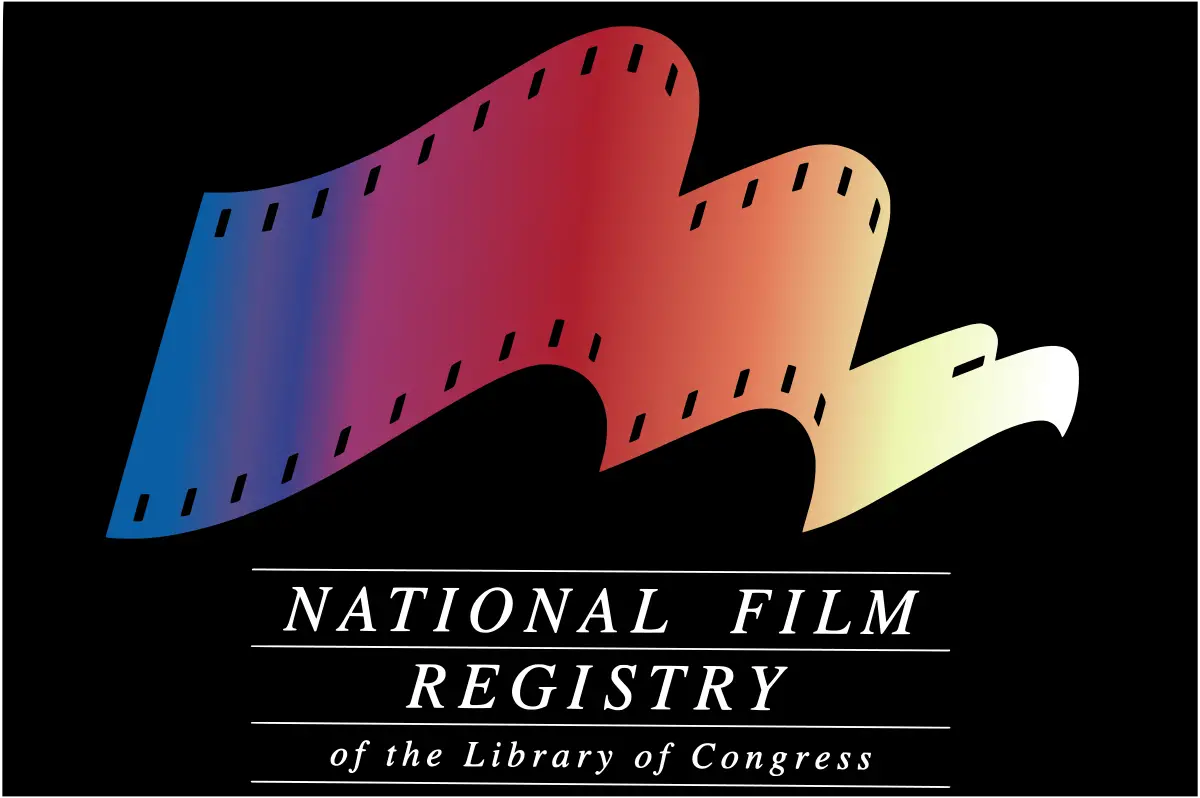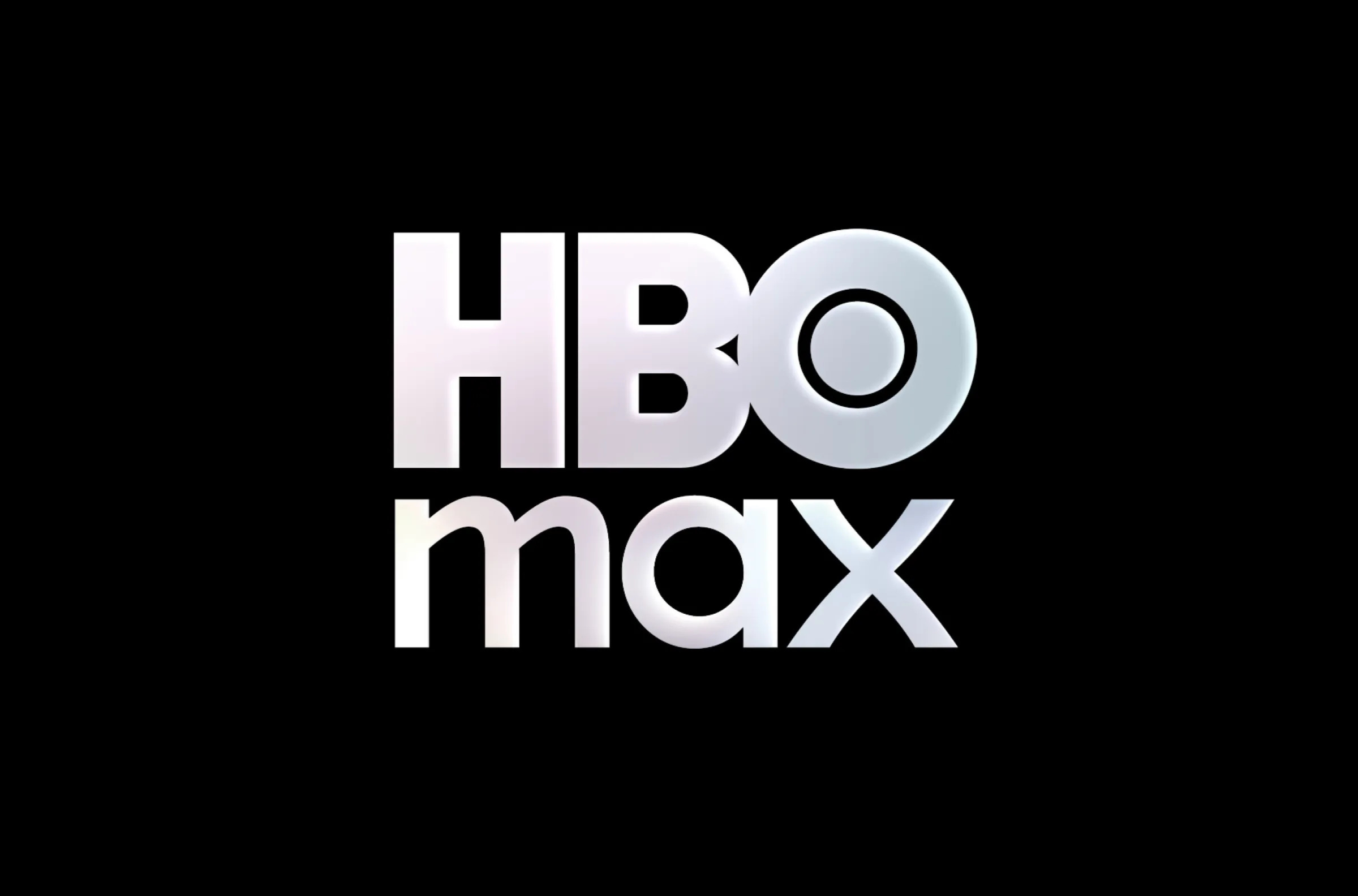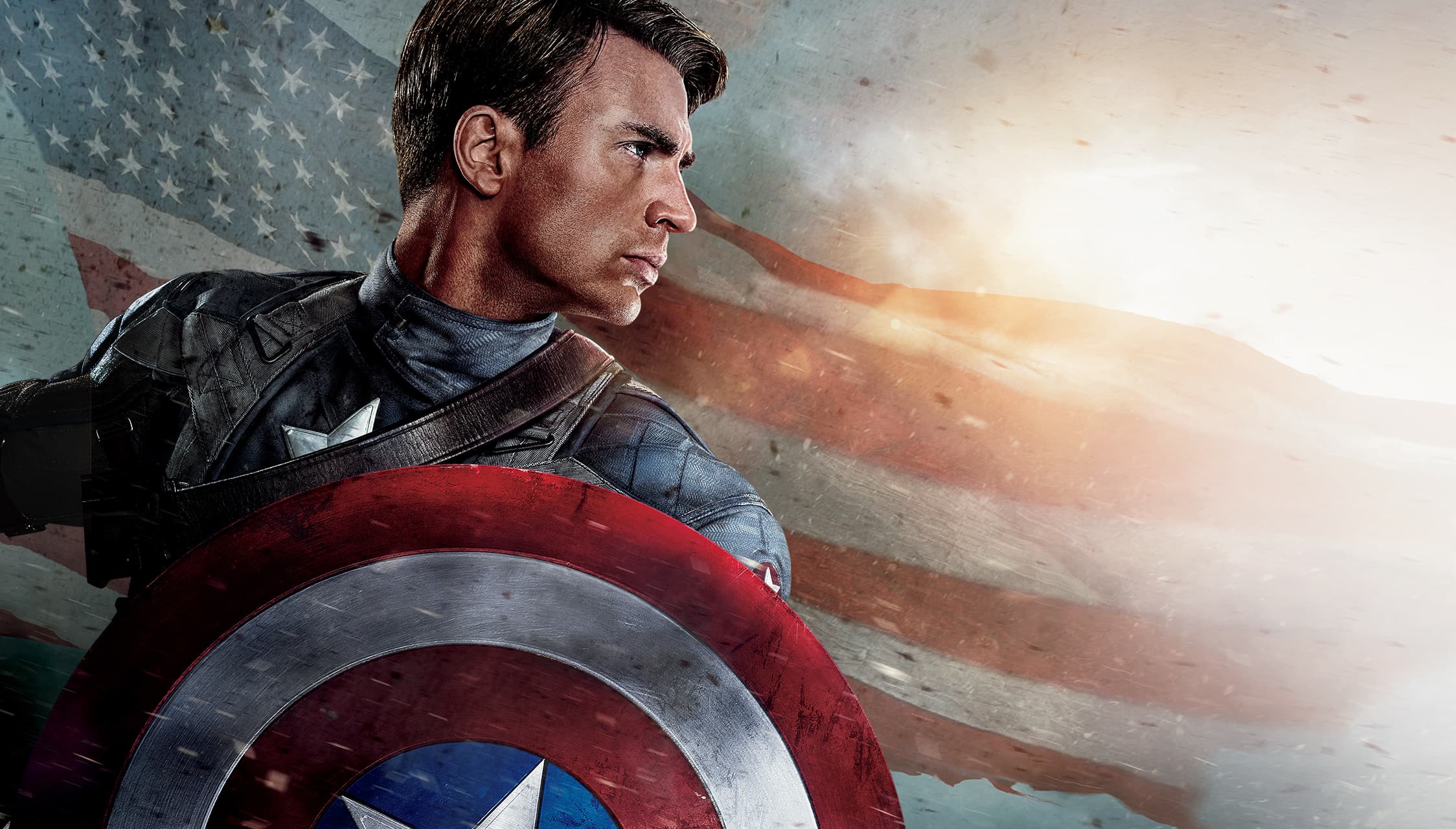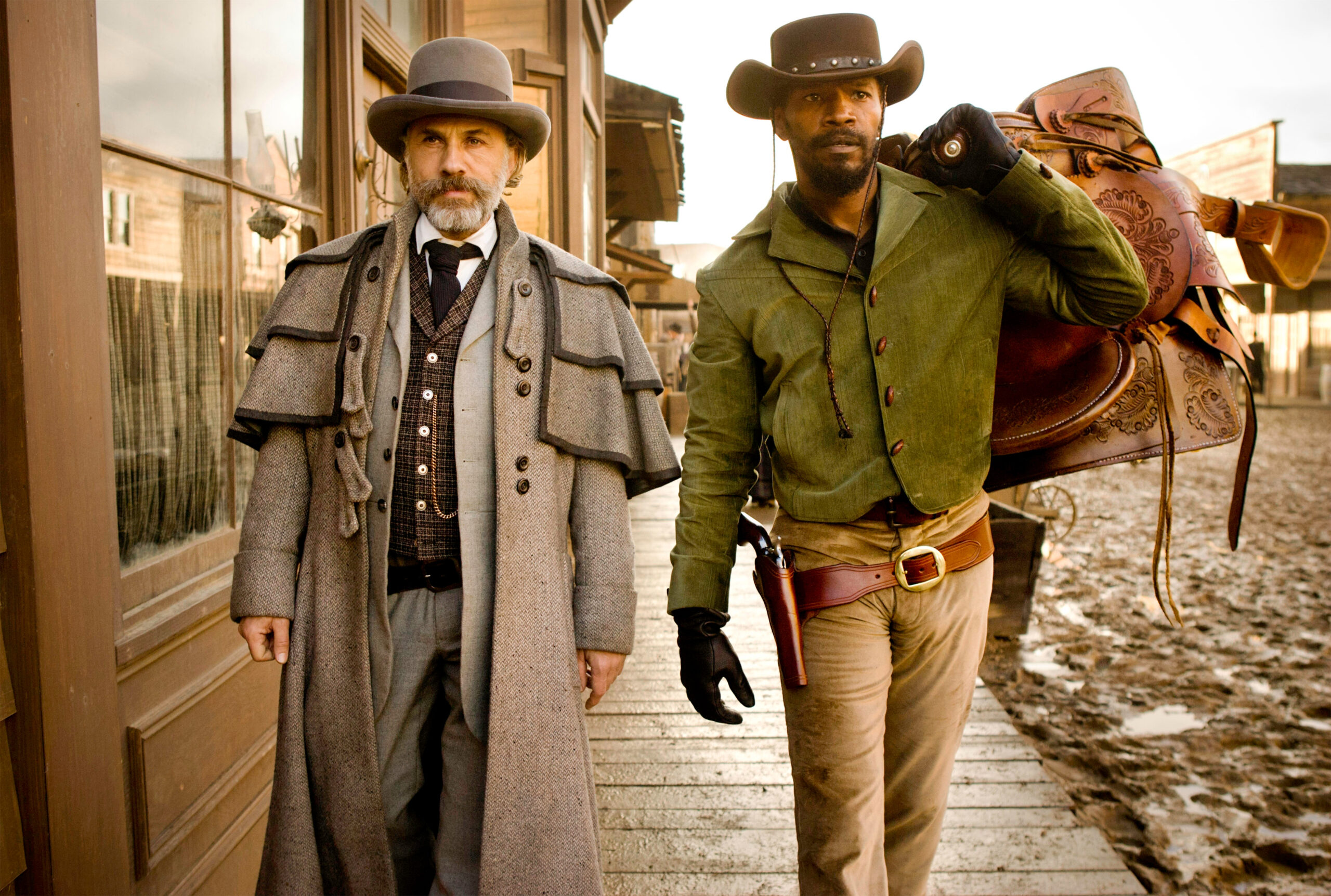
Quentin Tarantino’s Oscar-winning Django Unchained marked the tenth anniversary of its 2012 theatrical release earlier this week.
Django (Jamie Foxx) is a slave who happens to land an unlikely encounter with German-born bounty hunter Dr. King Schultz (Christoph Waltz). He’s the key to helping Schultz find the Brittle brothers and for his help, the bounty hunter promises to free him. When Django fulfills his obligations, he chooses not to go his own separate way but instead teams up with the bounty hunter as equals. They go to march right up to Candyland together in order to both find and rescue Django’s long-lost wife, Broomhilda (Kerry Washington). Things get as gory as one might expect–Calvin Candie (Leonardo DiCaprio) does not see it coming although house slave Stephen (Samuel L. Jackson) certainly has some suspicions of his own. Stephen is something of a father figure to the fourth generation Candie, who sees himself as a king and more interested in fighting.
This is the sort of film that you will not see every day about the pre-Civil War South. Tarantino adds his own flavor to the genre with a mix of Western, comedy, thrills, and a lot of gore. A Western is probably not the first genre that one might think of here. As unrealistic as some scenes might get, there are scenes that one imagines would go very differently in real life. At what point do we suspend fact from fiction? Where do we draw the line when it comes to storytelling? Can scenes play out differently than in a real-life situation? These are some good questions to ask. One thing is for sure: only Quentin Tarantino could make this movie. No other filmmaker could mash up the genres in the Tarantino style.
If there’s a hysterical scene in the film, it’s easily the moment where everyone has bags on their heads and can’t see a darned thing. Jonah Hill stills the scene as Bag Head #2. At the same time, we know the characters are racist. The situation might be funny for a moment but reality sets in shortly thereafter. It’s the pre-Civil War South. At the same time, I love that there are characters that are standing up to them. That there are people who are looking this evil in the eye and saying no and Tarantino captures this aspect of the situation. In real life, the KKK would not form until after the Civil War.
In having Jamie Foxx play Django, Tarantino helps give the film its own place in history. This dates back to Franco Nero portraying Django in a Western in 1966. Nero also makes a cameo in the film as a sort of easter egg. Following the initial film, many other films would have Django in the title even if there were no relation. You certainly have the same thing happening here. The filmmaker’s script and direction also shows his appreciation for the genre. Going even further than this, filmmakers turn to Melody Ranch for a shooting location. If you’re going to film a Western, it helps to utilize the iconic location. They film elsewhere, including plantations.
Tarantino’s script does use a certain word very frequently. In terms of historical context, it does speak to the time period it takes place. I said as much in my review of Jackie Brown so I’m not going to really expand on it here. By now, I’m sure that people have their own feelings on Tarantino as a filmmaker seeing as how his films feature no shortage of violence throughout their runtime. And yet, for all the criticism, Tarantino won an Oscar for the script and the film would also receive a Best Picture nomination. The language may be heavy but only Tarantino could make a film in this style. That being said, it didn’t need to be almost three hours long.
In Django Unchained, Quentin Tarantino brings his revisionist style to the Spaghetti Western in one of his most violent movies to date.
DIRECTOR/SCREENWRITER: Quentin Tarantino
CAST: Jamie Foxx, Christoph Waltz, Leonardo DiCaprio, Kerry Washington, and Samuel L. Jackson, Walton Goggins, Dennis Christopher, James Remar, David Steen, Dana Gourrier, Nichole Galicia, Laura Cayouette, Ato Essandoh, Sammi Rotibi, Clay Donahue Fontenot, Escalante Lundy, Miriam F. Glover, and Don Johnson and with the friendly participation of Franco Nero
The Weinstein Company and Columbia released Django Unchained in theaters on December 25, 2012. Grade: 4/5
Please subscribe to Solzy at the Movies on Substack.

